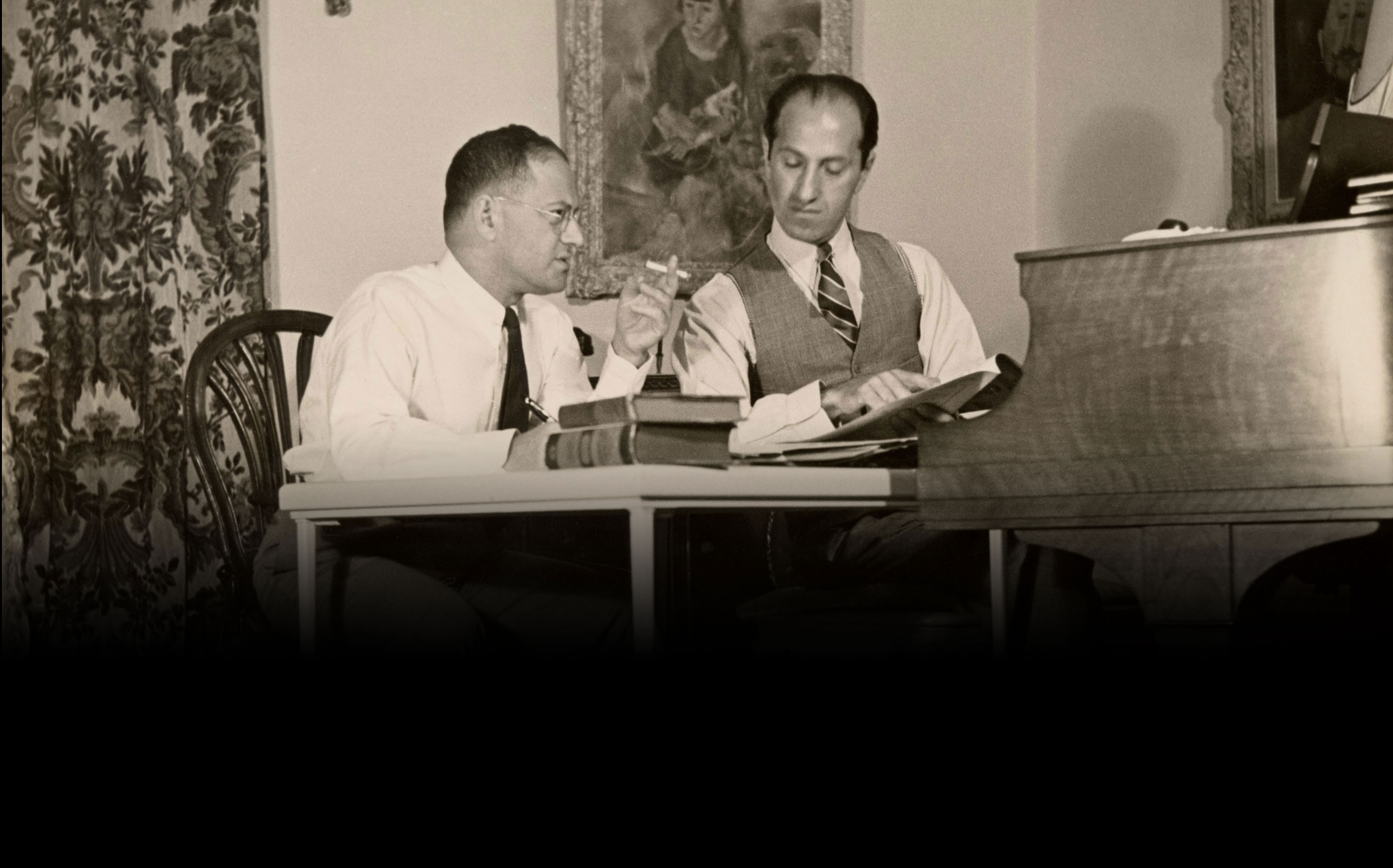“And His Lovely Wife, Ira”
By Sarah Sisk Ira Gershwin, Pulitzer-prize-winning lyricist and supplier of words to some of the most iconic songs in American musical history, may often be referred to as “the other Gershwin”, overshadowed by the popularity of his younger brother George. But while Ira may not always get the attention he deserves, the disparity in the Gershwin brothers’ respective notorieties has led to a sixty-year-running Gershwin joke—and of course poor Ira is the butt of it. The story goes that in the 1950s, a radio disk jockey, when playing a piece written by the Gershwin brothers, attributed the song to “George […]
